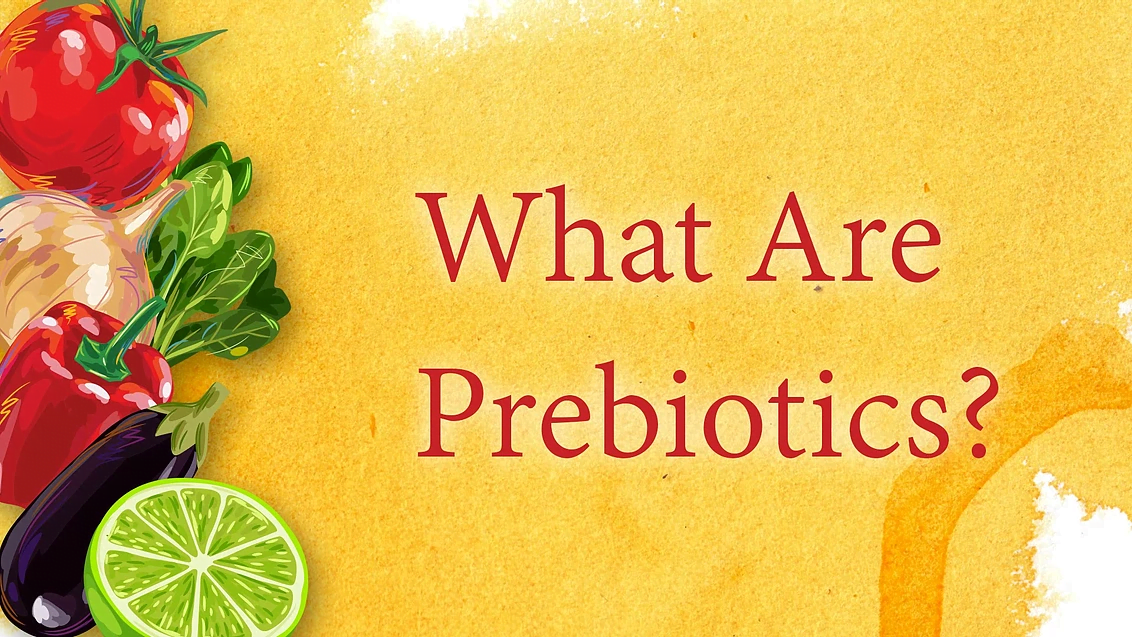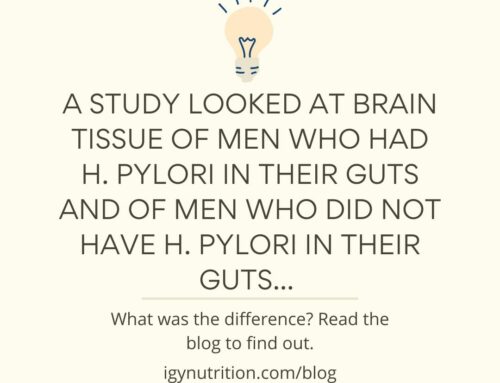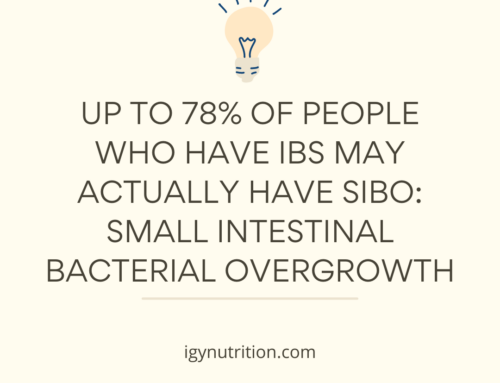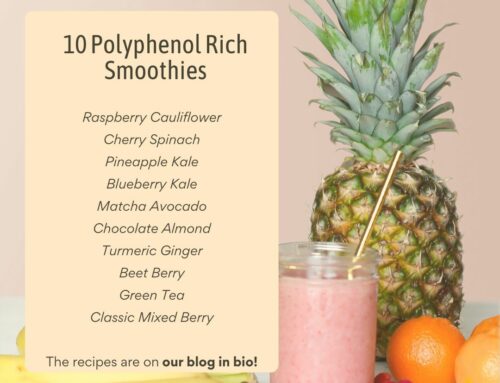From kombucha to kefir, probiotics are all the rage these days. Food companies are finding ways to give us our boost of probiotics in nearly all types of foods – even candy!
Here at IgY Nutrition, we love that people are looking to support their microbiomes with healthy gut bugs.
But the spotlight on probiotics is leaving out its just-as-important sidekick: prebiotics.
Legzo Casino: Análise
Se você é um entusiasta dos jogos de cassino online, certamente já ouviu falar do Legzo Casino. Nesta análise, vamos explorar todos os aspectos deste renomado cassino online e fornecer informações detalhadas para ajudá-lo a tomar uma decisão informada antes de se cadastrar. Com uma ampla seleção de jogos, bônus generosos e uma plataforma segura, o Legzo Casino tem muito a oferecer aos jogadores. Continue lendo para descobrir mais sobre este emocionante cassino online.
Interface e Experiência do Usuário
A primeira impressão ao visitar o Legzo Casino é a sua interface moderna e amigável. O site é bem projetado, com uma navegação intuitiva que permite aos jogadores encontrar facilmente os jogos e recursos desejados. A página inicial é limpa e organizada, com informações relevantes sobre os bônus disponíveis, os jogos em destaque e os métodos de pagamento aceitos.
Ao clicar na seção de jogos, você encontrará uma ampla variedade de opções para escolher. O Legzo Casino oferece uma extensa seleção de jogos de cassino, incluindo caça-níqueis, jogos de mesa, videopôquer e muito mais. Os jogos são fornecidos por desenvolvedores de software líderes do setor, garantindo gráficos e animações de alta qualidade, bem como uma jogabilidade suave e envolvente.
Uma característica importante do Legzo Casino é a sua compatibilidade com dispositivos móveis. Isso significa que você pode desfrutar de todos os jogos e recursos do cassino diretamente do seu smartphone ou tablet, sem perder qualidade ou funcionalidade. A plataforma é responsiva e se adapta perfeitamente a qualquer tamanho de tela, proporcionando uma experiência de jogo perfeita, independentemente do dispositivo que você estiver usando.
Bônus e Promoções
O Legzo Casino oferece uma variedade de bônus e promoções para recompensar seus jogadores. Ao se inscrever no cassino, você será elegível para receber um generoso bônus de boas-vindas. Este bônus geralmente consiste em uma combinação de dinheiro extra para jogar e rodadas grátis em determinados jogos de caça-níqueis. Além disso, o Legzo Casino também oferece promoções regulares, como bônus de recarga, cashbacks e torneios de cassino emocionantes.
É importante ler os termos e condições de cada oferta antes de aceitá-la, pois geralmente há requisitos de apostas a serem cumpridos antes de poder sacar quaisquer ganhos obtidos com o uso dos bônus. No entanto, no geral, as promoções do Legzo Casino oferecem uma ótima oportunidade para aumentar suas chances de ganhar e prolongar sua experiência de jogo.
Para saber mais sobre os bônus e promoções atualmente disponíveis no Legzo Casino, clique aqui para ler nosso artigo completo.
Métodos de Pagamento e Segurança
O Legzo Casino oferece uma ampla variedade de métodos de pagamento para garantir que os jogadores possam depositar e sacar fundos de forma rápida e segura. Os métodos de pagamento aceitos incluem cartões de crédito, transferências bancárias, carteiras eletrônicas e criptomoedas. O cassino também utiliza tecnologia de criptografia SSL para proteger todas as transações financeiras e informações pessoais, garantindo a máxima segurança para os jogadores.
Além disso, o Legzo Casino é licenciado e regulamentado por uma autoridade de jogo respeitável, o que significa que o cassino opera de acordo com padrões rigorosos de segurança e justiça. Os jogos oferecidos pelo cassino são testados regularmente para garantir que sejam justos e aleatórios, proporcionando a todos os jogadores as mesmas chances de ganhar.
Conclusão
O Legzo Casino é uma escolha sólida para jogadores que procuram uma experiência de cassino online emocionante e segura. Com sua interface amigável, ampla seleção de jogos, bônus generosos e métodos de pagamento seguros, o Legzo Casino se destaca como uma opção de qualidade. Se você está em busca de entretenimento de cassino de alta qualidade, recomendamos que você clique aqui completo sobre o Legzo Casino e faça sua própria análise antes de se cadastrar.
What are prebiotics?
Prebiotics are “food” for probiotics – they feed the good bacteria living in the gut.
This feeding strengthens probiotics and accelerates their population growth.
Okay, they’re food for probiotics – but what exactly are they? They’re specific types of dietary fiber – nothing too fancy. You unknowingly consume prebiotics all of the time by eating certain plant foods like artichokes and apples.
They have been shown to propel and support the growth of beneficial bacteria in the gut – precisely what we need and want for a healthy gut microbiome!
For example, prebiotic fibers increase Bifidobacteria and Lactobacilli, two of the most crucial bacteria for optimal gut health.
By increasing the count of healthy bacteria in the digestive tract, prebiotic fibers confer all benefits associated with increased beneficial bacteria, including:
- Short-chain fatty acid production
- Decreased risk of dysbiosis
- Protection against unwanted pathogens
- Inflammation reduction
- Improved digestion
- Improved nutrient absorption
- Much more!
Another bonus: prebiotics are usually cheaper and easier to get your hands on than specific strains of probiotics. That’s because you can find them in several plant foods, and they’re heat resistant (unlike many probiotics)! They do also come in supplement form if you prefer that instead.
Which foods contain prebiotics?
Many foods are high in prebiotics. The most common form of prebiotic fiber is inulin, which many plants contain.
Some examples of foods containing inulin are:
- Garlic
- Onions
- Leeks
- Asparagus
- Artichokes
- Dark leafy greens such as spinach and kale.
Bananas and whole grains are also high in prebiotics.
There are also many prebiotic supplements out there. Psyllium husk is particularly potent and may help with digestive issues.
Should I combine prebiotics and probiotics?
Yes! Prebiotics maximize probiotics’ benefits by fueling them. Scientists call a mix of the two synbiotics.
A synbiotic supplement delivers both a probiotic, the live bacteria, and the prebiotic, the fuel for that live bacteria. This kind of supplement is particularly powerful for supporting a healthy microbiome.
Are you picking a prebiotic? Tag us in a picture of your prebiotics on Instagram @igynutrition. Let us know how your digestive wellness journey is going! Happy mixing.




